
The Manchester Bantams
The Manchester Bantams
THE STORY OF A PALS BATTALION AND A CITY AT WAR
23RD (SERVICE) BATTALION THE MANCHESTER REGIMENT (8TH CITY)
Caroline Scott
First published in Great Britain in 2016 by
PEN & SWORD MILITARY
an imprint of
Pen and Sword Books Ltd
47 Church Street
Barnsley
South Yorkshire S70 2AS
Copyright Caroline Scott, 2016
ISBN 978 1 78346 389 3
eISBN 978 1 47388 447 2
Mobi ISBN 978 1 47388 446 5
The right of Caroline Scott to be identified as the author of this work has been asserted by her in accordance with the Copyright, Designs and Patents Act 1988.
A CIP record for this book is available from the British Library.
All rights reserved. No part of this book may be reproduced or transmitted in any form or by any means, electronic or mechanical including photocopying, recording or by any information storage and retrieval system, without permission from the Publisher in writing.
Pen & Sword Books Ltd incorporates the imprints of Pen & Sword Archaeology, Atlas, Aviation, Battleground, Discovery, Family History, History, Maritime, Military, Naval, Politics, Railways, Select, Social History, Transport, True Crime, Claymore Press, Frontline Books, Leo Cooper, Praetorian Press, Remember When, Seaforth Publishing and Wharncliffe.
For a complete list of Pen and Sword titles please contact
Pen and Sword Books Limited
47 Church Street, Barnsley, South Yorkshire, S70 2AS, England
E-mail:
Website: www.pen-and-sword.co.uk
Contents
Introduction
I n May 1916 Major Eustace Lockhart Maxwell received a promotion. Having formerly been an officer in the Indian Cavalry, he was now given command (his first) of an infantry battalion in France. After forty-eight hours with his new unit Maxwell wrote to his family,
The outstanding characteristic of those who belong to it seems to be their extraordinary self-complacency! Esprit de corps is a fine thing, but the satisfaction with which they regard themselves, their battalion, its internal economy, its gallantry, its discipline, its everything else, is almost indecent! If at the end of a month my opinion of them is half as good as their own, I shall think myself uncommonly lucky.
That battalion was the 23rd Manchester Bantams.
It is perhaps not entirely surprising that they were feeling pleased with themselves. Having been formed in November 1914, entirely composed of men of a height between 5ft and 5ft 3in, the battalion had spent much of 1915 training in the Lancashire seaside resort of Morecambe. There, billeted in West End boarding houses, they had been petted by landladies, were applauded by crowds as they drilled on the Promenade and had poems and songs composed about them (See our squads along the front, / Hearts aflame to bear the brunt). It would be some time before they made it from seafront to front line, but when the Bantams finally left Morecambe, Private Percy Gidley would write to the local paper, The cheerfulness, encouragement, and care of those providing the billets, and the generosity of Morecambe in general, made new men of us. Morecambe had made the Manchester men into well-polished exhibition soldiers. They looked the part (if diminutively so) and had all of the right things to say. It was now time to turn their patriotic assertions into actions.
Despite his initial concerns, by the end of that month Maxwell had developed a liking and respect for his new battalion. They were talkative, friendly, funny and bloodthirsty. The murderous little beasts just love their work, Maxwell wrote.
Almost half of the men involved in the attack on 20 July would eventually be counted as casualties and the 23rd Manchester Battalion would never be the same again. They would never regain the confidence that had so struck Maxwell at their first meeting. That esprit de corps had taken a battering. And it was about to be further tested. It simply was not possible consistently to replace casualties with recruits who had the same physique as the original Bantams, who had had the benefit of the same length of training and, perhaps most importantly, who had the same spirit that pride to be there and hunger to prove themselves. The gaps left by short, stocky volunteers were now being filled with small, slight conscripts. The fighting quality of the Bantams was observed to be deteriorating.
At the end of 1916 the concept of the Bantam battalions would be examined, found wanting and scrapped as an unsuccessful experiment. The 23rd Manchester Battalion was officially De-Bantamized in January 1917. Drafts of 6-footers now broke the tidy height uniformity of the ranks as they marched south through the icy February landscape. The Bantam battalions, so celebrated in 1915, became an embarrassing mistake. By 1917 the same journalists who had been extolling their virtues a year earlier (the Bantams have not been long in proving that you cant measure a mans soul with a foot rule) were ridiculing them (poor little men born of diseased civilization!). The Bantams had become a joke. A bad joke. And something best forgotten.
But the men who had called themselves Bantams remained proud (albeit now quietly so) of their achievements. On Armistice Day, in the decades after the war, they still marched through Manchester behind a banner that said 23rd Bantams. They meant to be remembered. This then, in fond and respectful remembrance, is the story of Manchesters cock-o-doodle Bantams.
We are The Bantams!
The Cock-o-doodle Bantams:
Morecambe breezes suit us grand.
Firm as Heysham rocks we stand,
Grenadiers at heart tho small,
Proud to answer countrys call.
Chapter 1
Such Stirring, Clashing, Martial Times...
He who believes he will reign will not reign, pronounced Madame de Thebes, the renowned Parisian prophetess. It is about to be accomplished. No one can escape his fate .
It was 29 June 1914 the day after the assassination of Archduke Franz Ferdinand and the Manchester Evening News , reporting the predictions of Pariss celebrated soothsayer alongside events in Sarajevo, had its tongue somewhat in its cheek. Though forecasting that Austria would probably now harden its line against the Slavs, the Evening News foresaw no significant fall-out. The event, tragic though it is, is not likely to have any effect on international politics, the Manchester paper considered. The doomsaying prophecies of a Parisian astrologer were just an amusing aside.
.jpg)
Manchester Evening News , 29 June 1914.
The boy assassins gunshot would echo loudly through international politics for the next month. Still, though, while diplomatic manoeuvres on the Continent were reported in the Manchester press, there was little expectation that Britain would become directly involved in events across the Channel. Manchester had other things to think about; it was occupied with more close-to-home concerns. In July 1914 Lancashire was preoccupied with the likelihood that a depression in the cotton trade was looming.

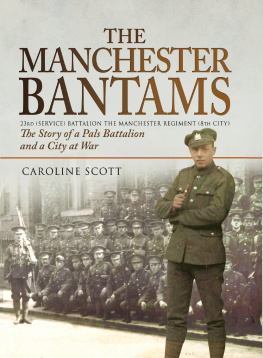







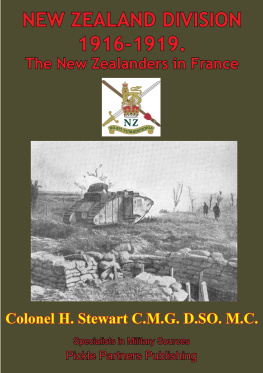


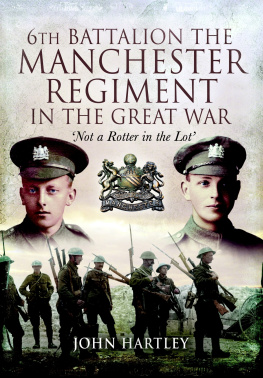
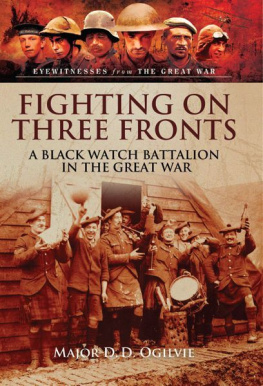
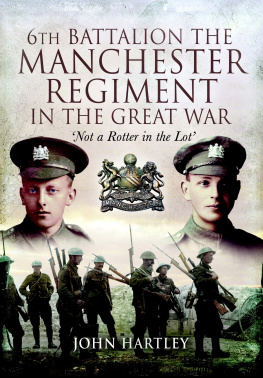

.jpg)
.jpg)